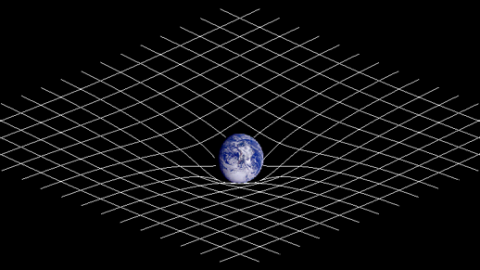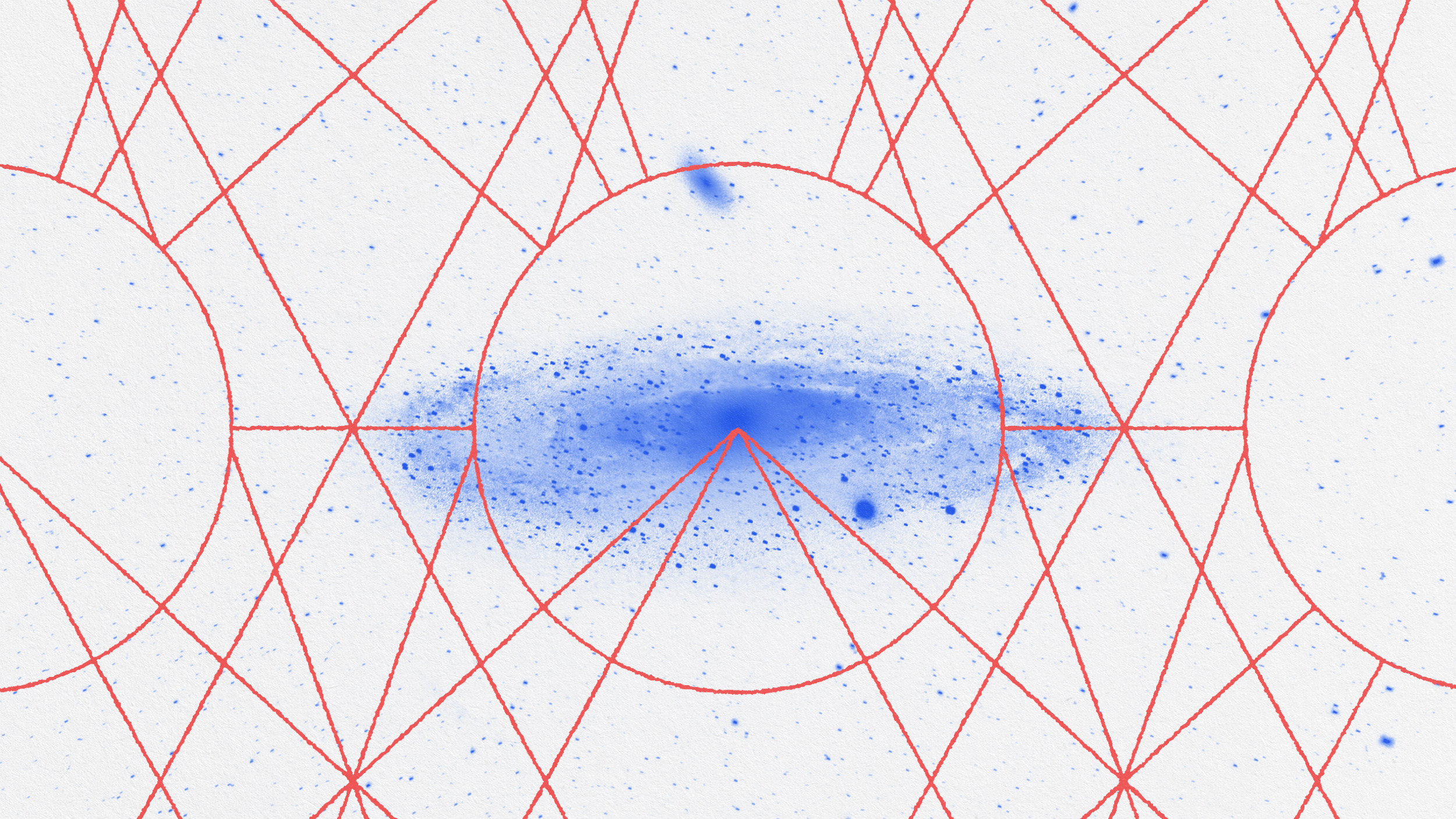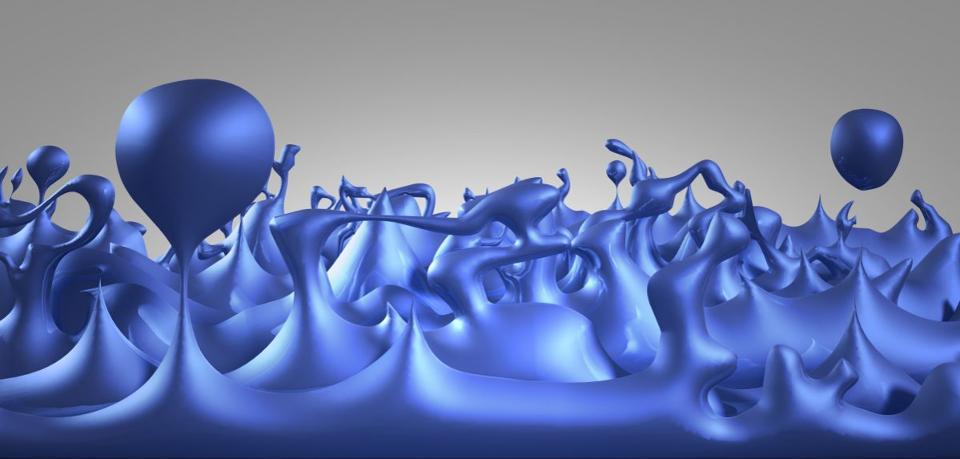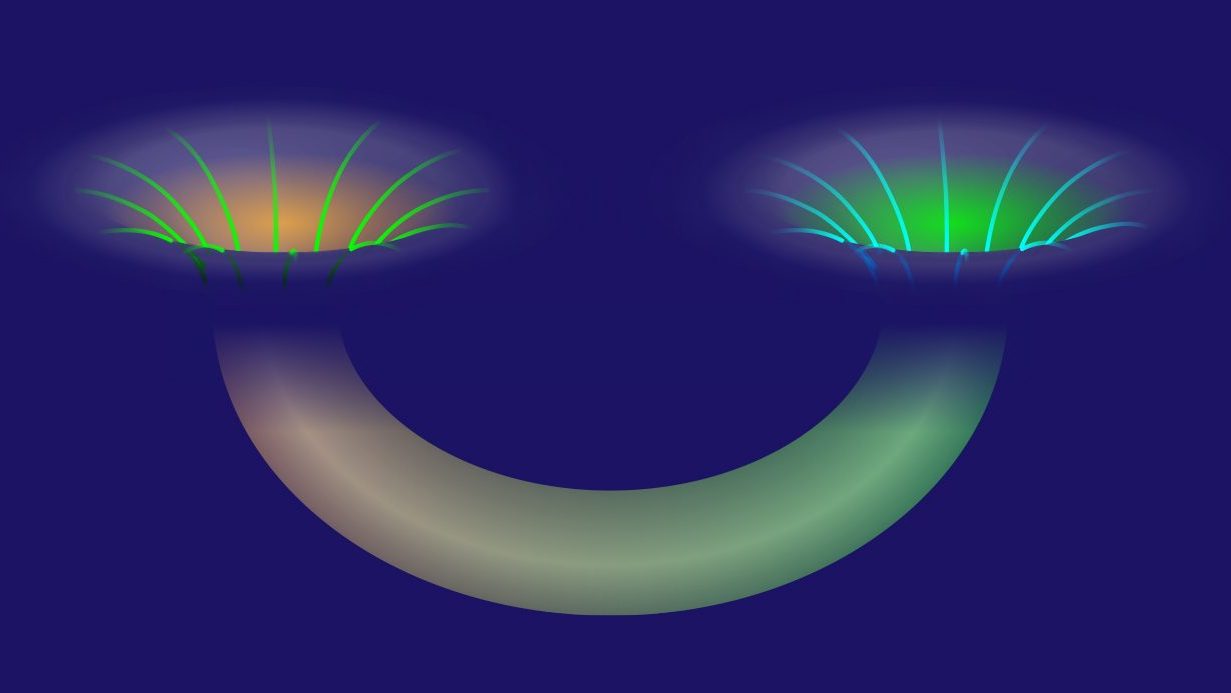What Kind of Force Is Gravity?

What’s the Latest Development?
Australian physicists say they have experimentally disproved the hypothesis that gravity is a force resulting from other traditional forces, a view put forth in 2010 by Dutch physicist Erik Verlinde. Since the two different views disagreed about how gravity would affect the quantum world, an experiment could be run. “As it happens, physicists have been measuring the force of gravity on neutrons for ten yeas or so. And…wait for the drum roll… the results exactly match the predictions of traditional gravitational theory, said University of Australia physicist Archil Kobakhidze.”
What’s the Big Idea?
Verlinde opposed the traditional view of gravity by saying it was an emergent force, the result of entropy’s manifestation in the Universe, which always increases according to the second law of thermodynamics. “This causes matter to distribute itself in a way that maximizes entropy. And the effect of this redistribution looks like a force which we call gravity. Much of the excitement over Verlinde’s idea is that it provides a way to reconcile the contradictions between gravity, which works on a large scale, and quantum mechanics, which works on a tiny scale.”





